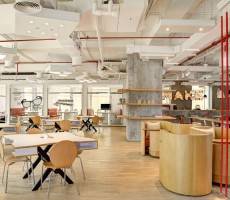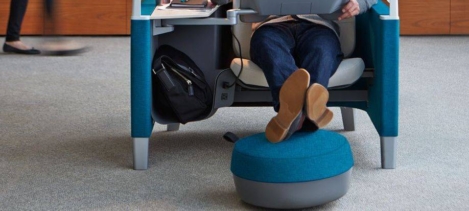July 10, 2015
UK Government abandons zero carbon buildings pledges
 The UK Government has today announced that it is to abandon its plans to introduce zero carbon buildings, including homes in 2016 and zero carbon commercial buildings in 2019. As part of a range of planning measures officially announced by the Treasury, it has been confirmed that the government ‘does not intend to proceed with the zero carbon Allowable Solutions carbon offsetting scheme, or the proposed 2016 increase in on-site energy efficiency standards’. Officials from the Department for Communities and Local Government (DCLG) have also separately confirmed that the zero carbon policy for non-domestic buildings will also be discarded as part of the new changes. The move has already been heavily criticised by the UK Green Building Council and senior figures in the construction sector, who are dismayed at the move by a Government that once claimed it was to be the UK’s ‘greenest ever’.
The UK Government has today announced that it is to abandon its plans to introduce zero carbon buildings, including homes in 2016 and zero carbon commercial buildings in 2019. As part of a range of planning measures officially announced by the Treasury, it has been confirmed that the government ‘does not intend to proceed with the zero carbon Allowable Solutions carbon offsetting scheme, or the proposed 2016 increase in on-site energy efficiency standards’. Officials from the Department for Communities and Local Government (DCLG) have also separately confirmed that the zero carbon policy for non-domestic buildings will also be discarded as part of the new changes. The move has already been heavily criticised by the UK Green Building Council and senior figures in the construction sector, who are dismayed at the move by a Government that once claimed it was to be the UK’s ‘greenest ever’.




































July 6, 2015
Humans will remain at the heart of the emerging digital workplace
by Maciej Markowski • Comment, Flexible working, Technology, Workplace design
(more…)